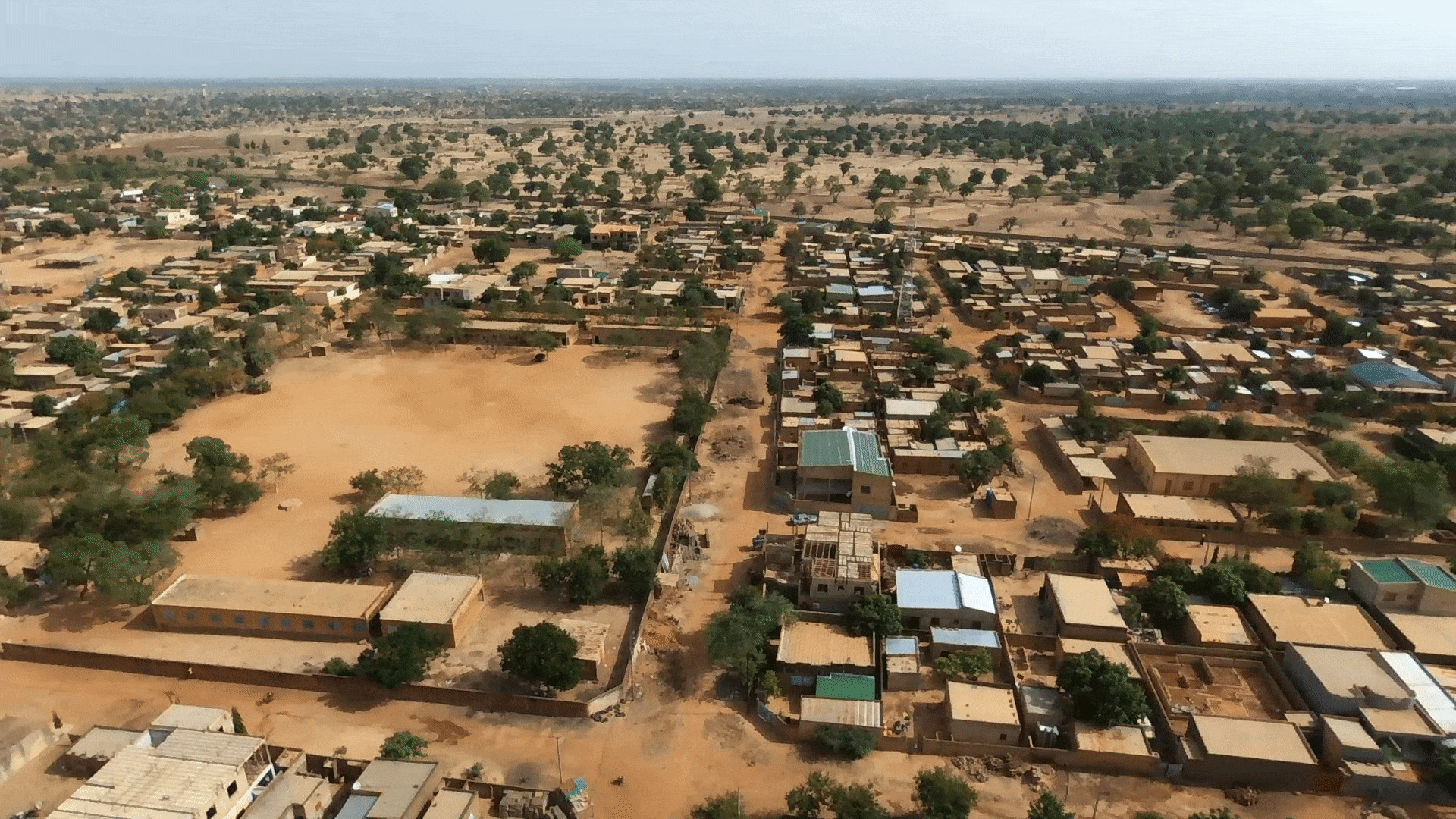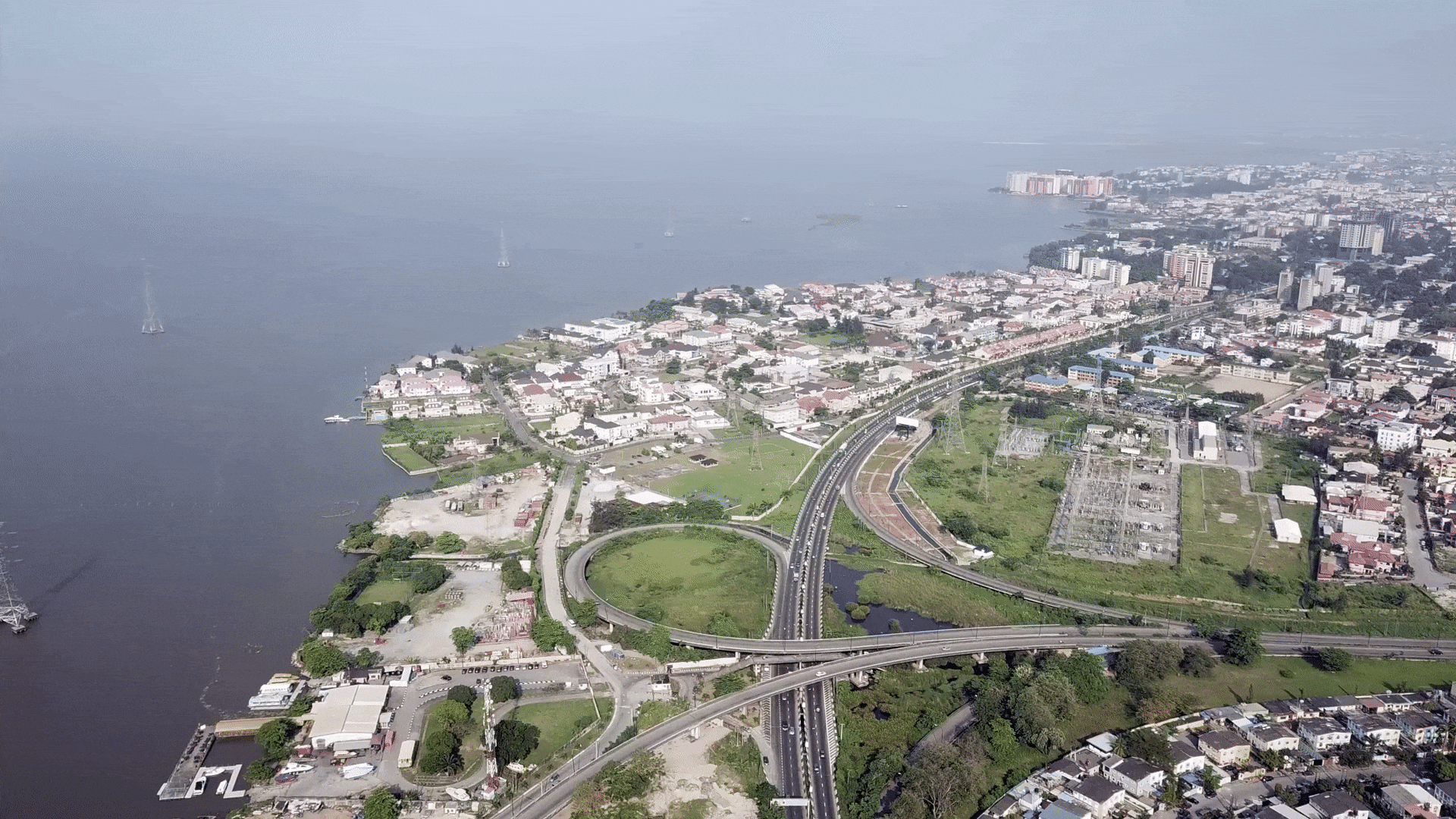Opportunity Came Knocking
Ali was working and completing a master's degree in Law at the University of Ouagadougou in 2004, when he was approached by a media company named All-Africa, which was seeking to open a branch in the city of Lagos, Nigeria. Ali finished his degree before heading to Lagos to accept the job. He had never been to Nigeria before, and was very curious to see what it was like, but he was also hesitant because of not knowing what to expect. He moved from Ouagadougou to Lagos in 2005, traveling by road with all the requisite documents he would need.
Traveling Across Many Borders
There are many borders between Burkina Faso and Nigeria. Ali drove through Ivory Coast, Ghana, Togo and Benin to get to his destination. At times, he took a longer route through Ivory Coast; other times, he went through Togo or Benin. Because of the numerous borders, he developed a wealth of experience about freedom of movement in the region.

Threatened at the Border in Benin
Trained to be a lawyer, Ali is cognizant of ECOWAS freedom of movement rights. As a result, he often challenges immigration officers at the borders whenever he encounters extortion or harassment. His outspokenness has gotten him into standoffs with officers a few times.

"In terms of immigration, I travel a lot by car from Lagos to Burkina Faso, from Lagos to Abidjan. It is very interesting to cross the borders. I have so many stories. One immigration officer threatened to shoot me in Benin Republic and told me to leave his office. Because I am a journalist, most times, they are careful."
Knowing the Rules
Ali's knowledge has helped him navigate through barriers and difficulties at the borders in the region. This has not only saved him money and time, but also saved other people who were stuck at those borders as well. Ali often tries to advocate for people who are being exploited by officers.

"Crossing the border has always been a challenge to me because, whether in Nigeria or Francophone countries, the officers at the borders have an attitude; they play on the ignorance of people. Because I am a trained lawyer and journalist, I know the rules and I know that when you are an ECOWAS citizen, there is nothing [required] like a payment to stamp your passport for you to cross. Provided you have all your documentation and medical stuff, you are free to move, but they are not doing that at the borders. I always fight because I don’t want to pay. I also don’t want people around me to pay so I speak on their behalf. I have become friends with the immigration officers because they know me and call me ‘Mr. Journalist’ and they stamp my passport quickly."
Working in Yaba
Once in Nigeria, Ali worked in Yaba, a popular suburb on the Lagos Mainland, which is known to have many educational institutions. While working in media, he also tapped into the need for French education in the city. He taught journalism to students in the French department at the University of Lagos (UNILAG). He also established a French language news program. His job in media takes him all over the continent, and he has had stints in Kenya, Tunisia, Senegal, Ethiopia, Cameroon, and elsewhere.
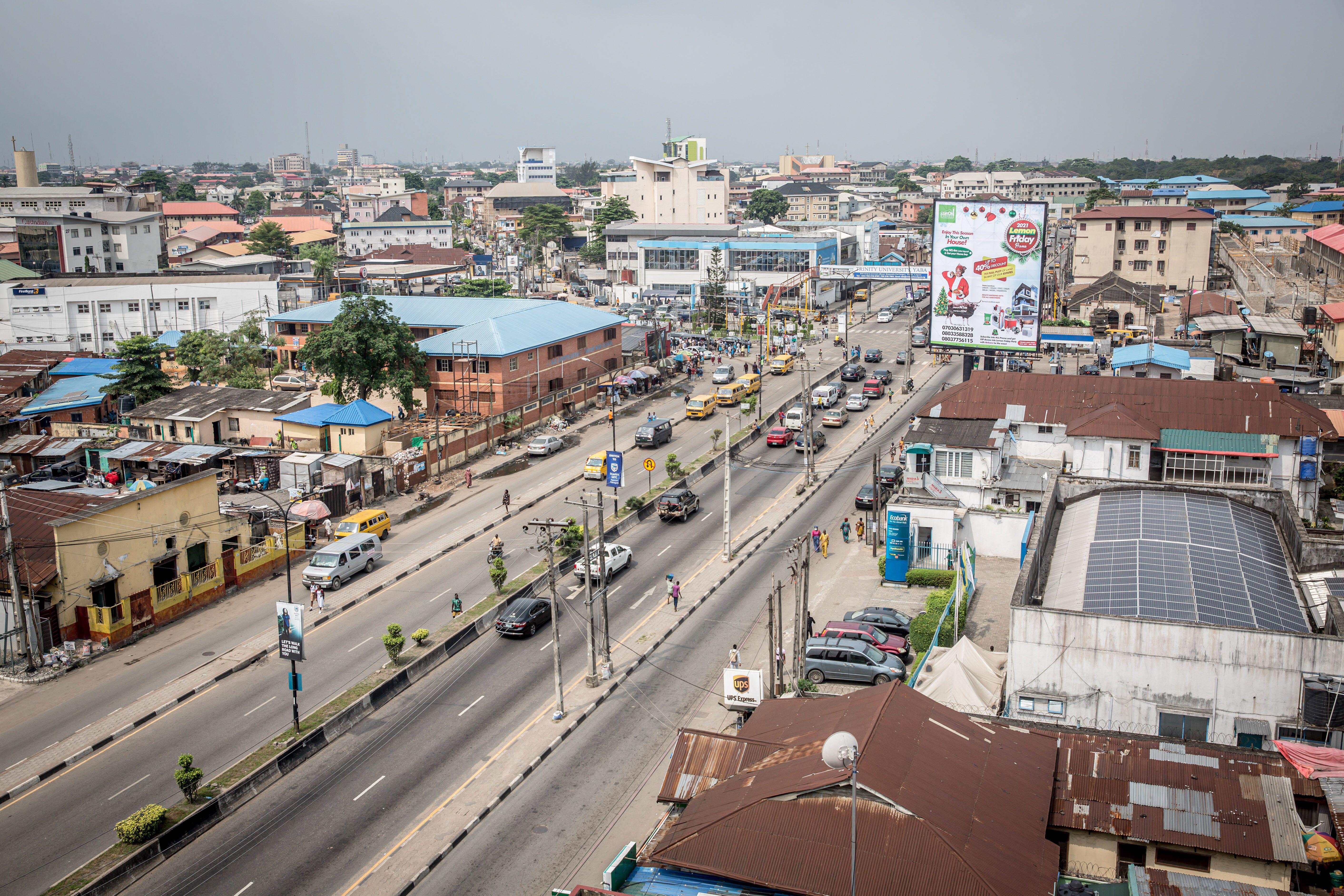
"In 2009, I set up my own business in media communication, which is mainly bilingual communication. I do translations. I do media reports. And I do fixing. Fixing is helping media people who are coming for a report in Nigeria to get in touch with relevant stakeholders, people to interview, and to conduct media reports."
"There’s a lawyer at the Corporate Affairs Commission in Yaba who I know and, through him, I have helped some of the foreigners from Niger and Ivory Coast to register their businesses. It is not difficult though it is very expensive. It is way easier now because you can do it on the internet. I paid about 60-70,000 NGN to set up a business name."
Ali works with a diverse clientele, including Nigerian media, a Moroccan TV station in Abuja, Voice of America, France 24 and TV5, as well as Swiss and German media in the region.
Settling in the City
As time passed, Ali tried to adapt to life in Lagos. He lived in Dolphin Estate, one of the first gated communities in Lagos Island. He was supposed to leave Nigeria and join the All-Africa office in Dakar, Senegal, but he did not like the idea of moving from Lagos because the project he was doing at UNILAG was very fascinating. Without him, the project would have stopped. The French Embassy and the university asked him to stay, and he negotiated the terms and remained in Lagos.

Freedom of Movement
Because of the demands of work, Ali travels a lot by road and crosses many regional borders in the process. He has made it a habit to address the issues he finds at the borders whenever he travels.

Press the play button to hear Ali describe another confrontation with an immigration officer at the border.
Press the play button to hear Ali describe the reality at the border.
In Ali's experience, difficulties at the border are region-wide, and even occur at the Burkina Faso border.
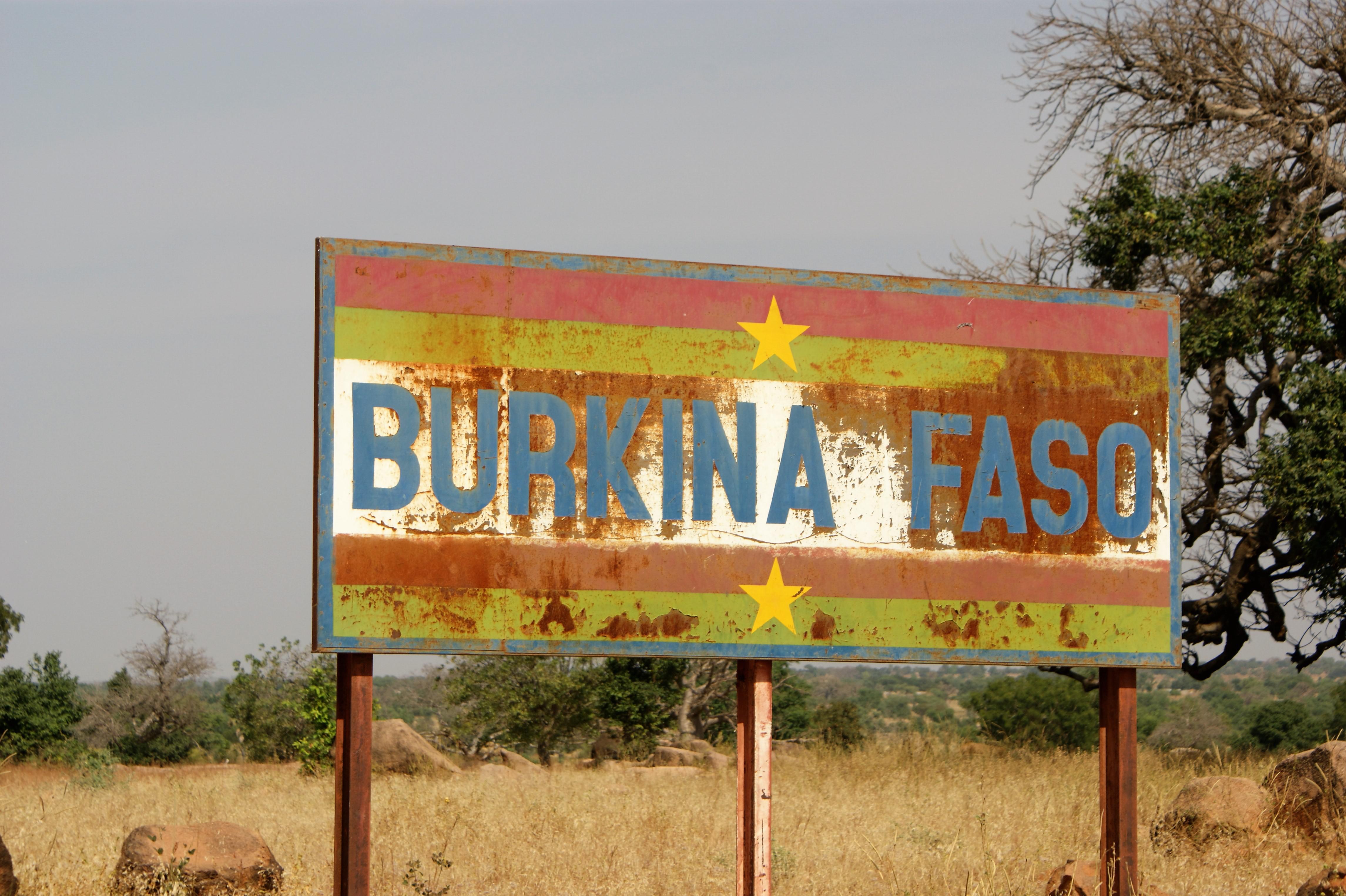
Press the play button to listen to Ali describe other experiences crossing borders in different locations.
Education and Community in Lagos
After many years of living and working in Lagos, Ali felt at home. In 2015, he went back to school and received a Master’s Degree in Business from the Lagos Business School in Lekki, Lagos Island. He is an active member in the Burkinabe community in Lagos. In 2018, he was elected to be the Secretary General of the Association of Burkinabe Residents in Nigeria, and he was also the consular delegate in Lagos to the Conseil supérieur des Burkinabè de l’étranger.
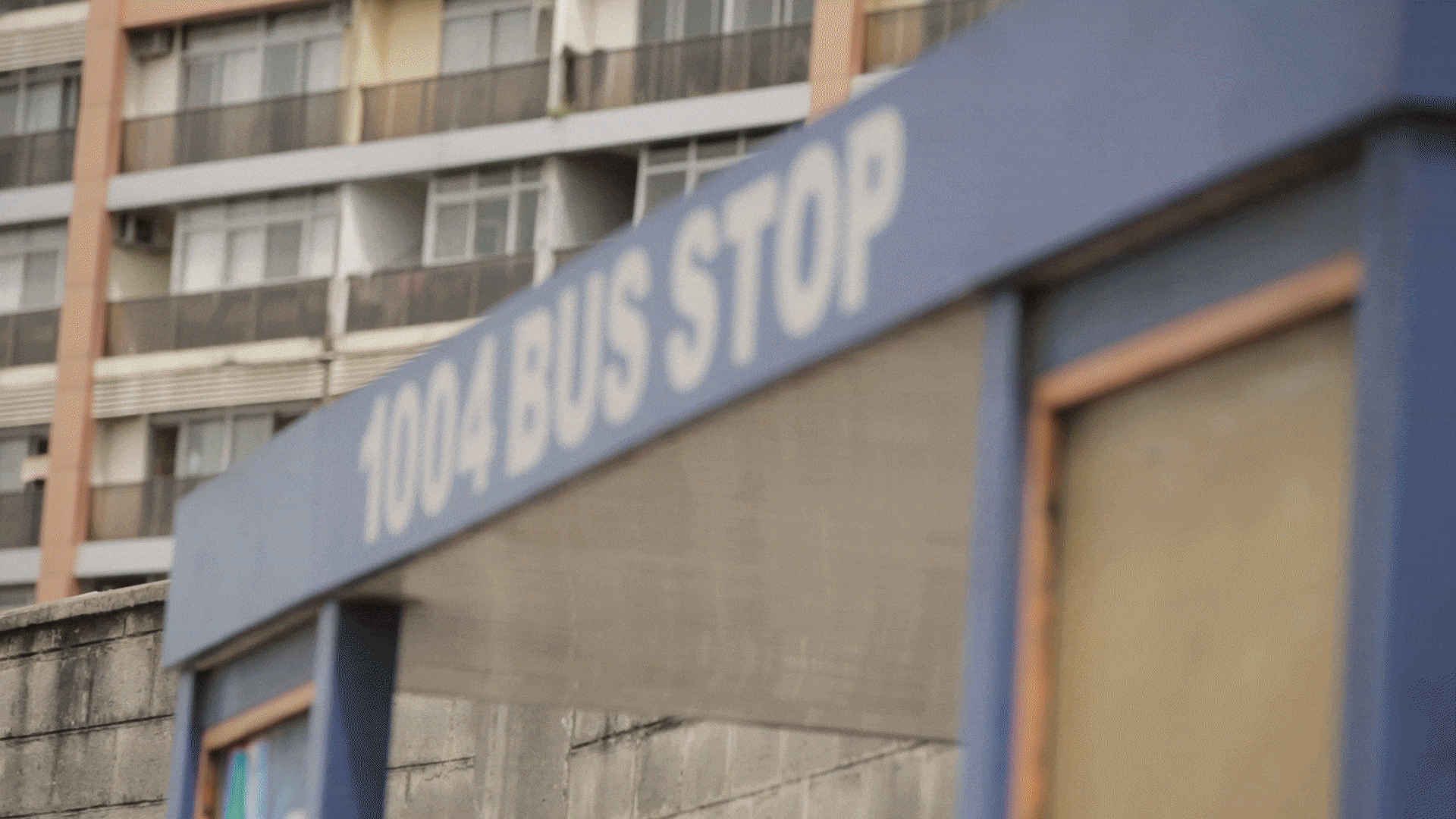
As the Secretary General of the Association of Burkinabe Residents in Nigeria, Ali encourages and informs people in the community about how to abide by the immigration rules, how to register their businesses, and a host of related things. In Nigeria, people generally don't ask for documentation or where people come from - they assume Burkinabe people are from Northern Nigeria.
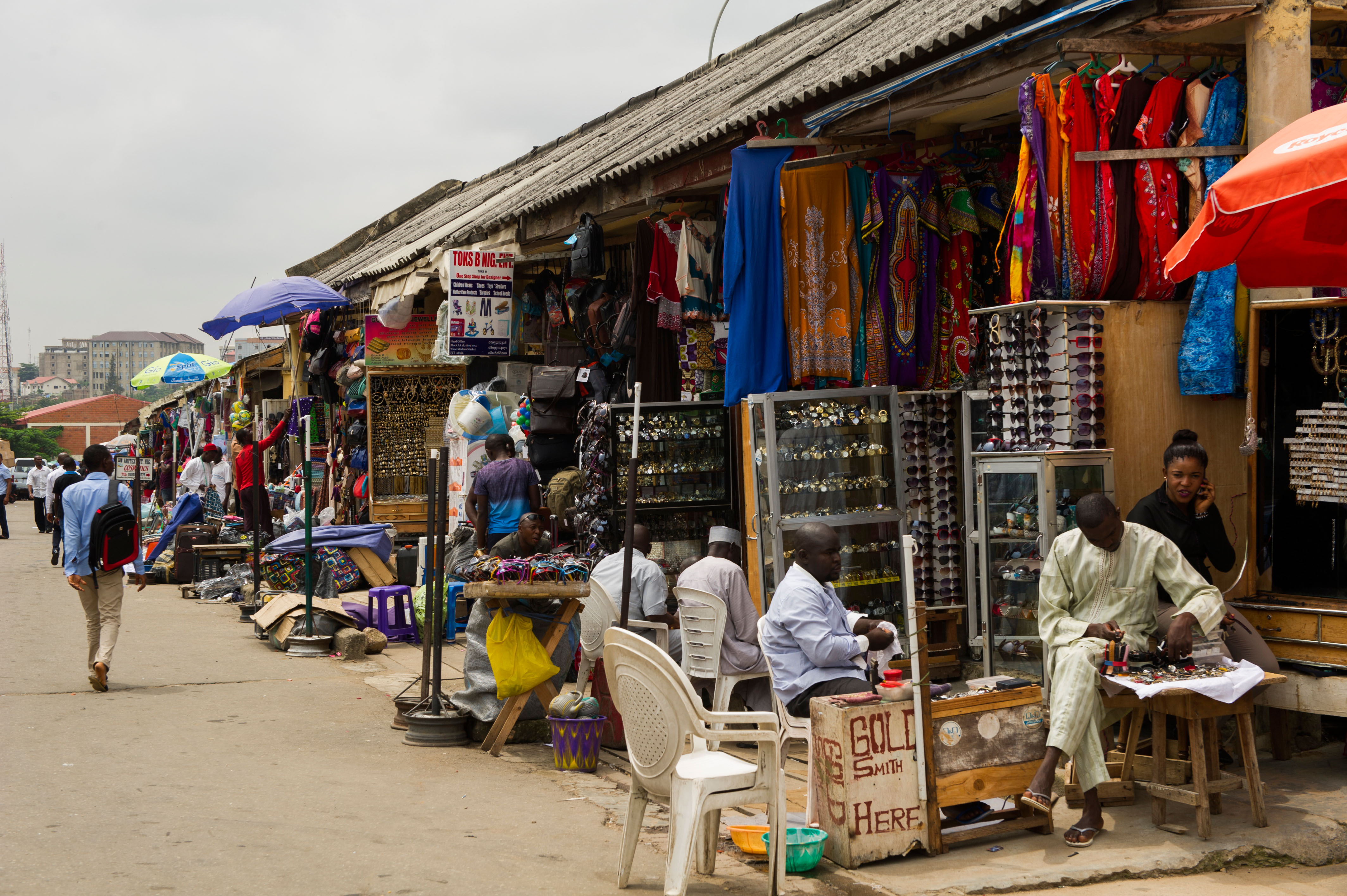
"From the registration you have at the Embassy (all of them are not going there to register even though they are supposed to do that) but the registered people are about 600 in Lagos (in 2019) but we are in other states as well. We at the association are the ones that requested from our government to put a consulate in Lagos so people can go and do their papers there because before, we had to rely on the Embassy in Abuja. Before, there was an economic liaison office in Lagos that was helping with those things. We realized that we had to bring the consulate here so people can do their papers. There are six other states that depend on Lagos including Osun, Oyo, Ogun, Ekiti, in the east, they depend on Abuja for their documentation and very soon, we will have a consulate in Kano for those in the north."
"I ask my people to do their papers, because when they come here, they don’t care, because the society here is so open that nobody will ask you where you are coming from provided you speak English and you can interact with them. Most think we are Northerners. When I say my name is Ali Kabre, some people will write Ali Kabir instead and I always correct them. Everyone here acts like we are the same. People ask if I am from Sokoto and I say no. I say I am from Burkina Faso and they are surprised. To me, it is a very open society, people are welcoming. There is no stigmatization. I can’t say I have been discriminated against at all."
Thriving in Another West African City
Ali came to Lagos with the initial aim of spending only two years and then going back to Ouagadougou. However, he became inspired and found ways to better his professional experience in Lagos. This is part of the reason why he chose to attend Lagos Business School and complete an MBA.
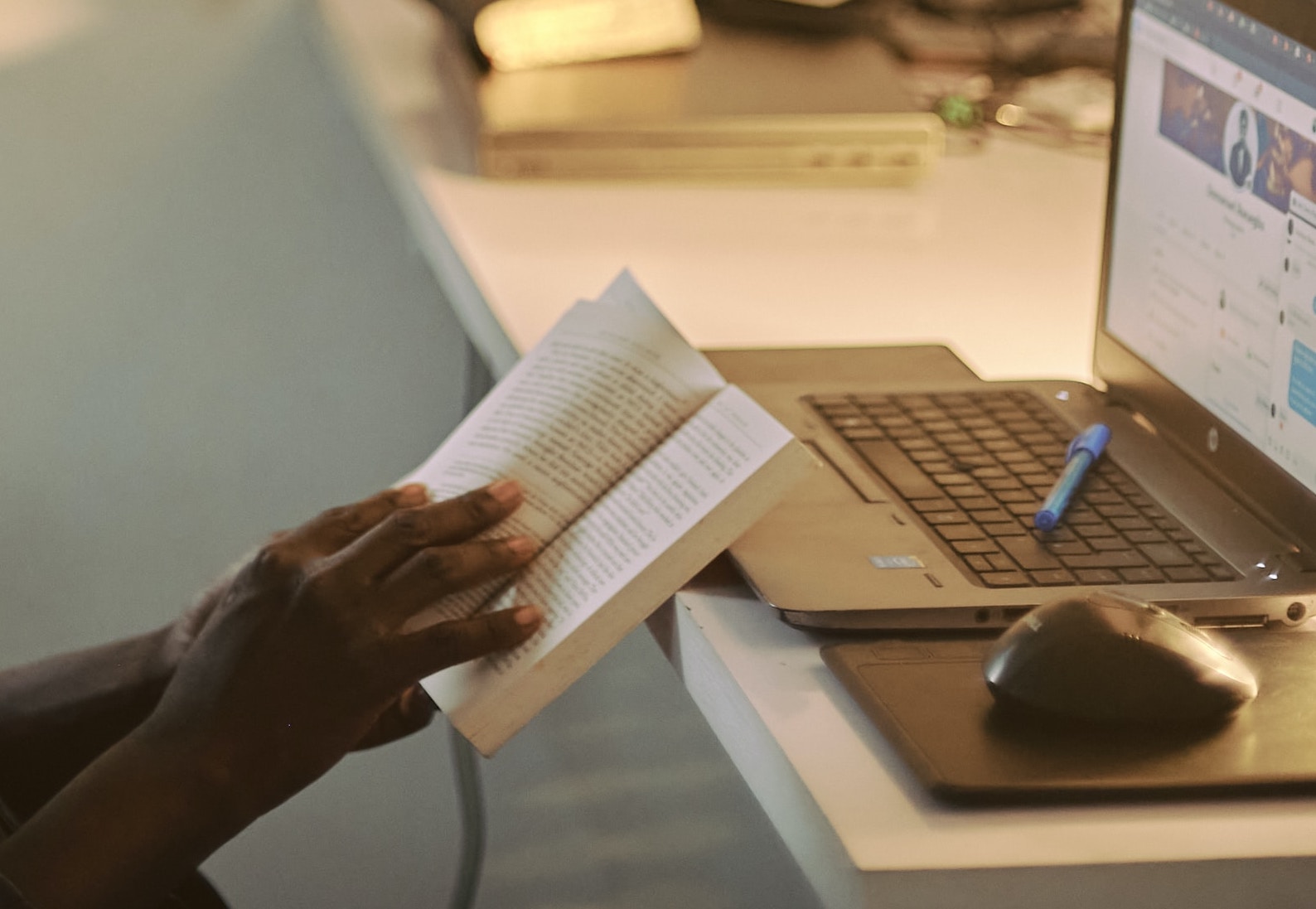
Press the play button to hear Ali talk about the importance of the ECOWAS regional market and what it means for regional trade and migration.

